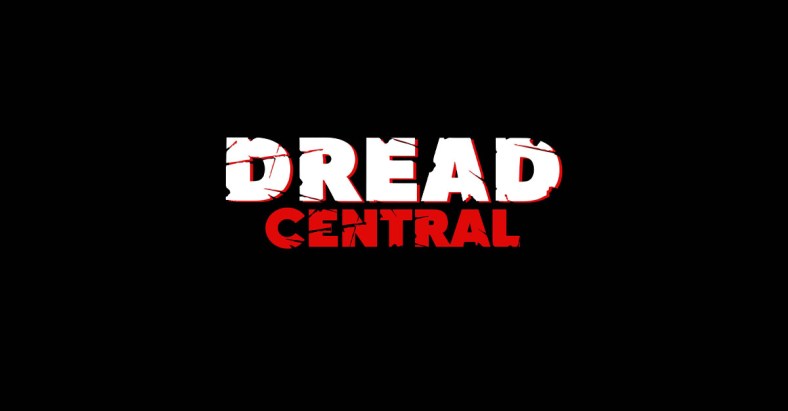Why a Nosferatu Remake Is a Great Idea

Nosferatu eine Symphonie des Grauens, the 1922 silent classic of German Expressionism horror directed by F.W. Murnau as an unauthorized adaptation of Dracula, is quite possible my favorite horror film. Ever since I first watched it at the age of 11, the images crafted by Murnau and co. have been seared into my mind, like some fantastic nightmare continuously informing my perception of cinema.
The power of Nosferatu lies in its imagery. The story is basic and a lot of the acting is OTT, but there remains a purity to what we see on screen. Devoid of all the refined elements that later came along with technological advancements in film, there’s a focus on primal fear brought on through some of the most horrifying, nightmarish visions put on celluloid – the shadow of the vampire ascending the stairs or rising stiffly from his coffin, to name just two.

Murnau’s knack for expert mood-setting through framing and an infamously unnerving performance by Max Schreck as Count Orlok came together to create one of horror cinema’s first and most sustainable classics. Its influence, particularly through its stylistic elements of Expressionism, can be seen in film noir, science-fiction, and countless horror movies.
So why, then, am I so in favor of a remake, a concept dreaded by some? Not only am I in favor of it, I’m actively supporting the idea.
The truth is there are horror films with more complex narratives than Nosferatu, more in-depth characters, mind-blowing effects, and captivating dialogue (duh!). However, not many pieces of horror filmmaking can match Murnau’s eye for unearthly, iconographic images of terror. In its stripped back, early cinematic nature, it represents film and the horror movie in its purest form. Who wants to argue that these qualities are something not to be passed down, used by interesting filmmakers in equally refreshing and interesting ways? Sure, they could do that with a completely original concept, but there’s something quite powerful about certain ideas, characters, and pictures being timeless in their appeal.
Take a look at the talent behind the planned remake – Robert Eggers, who wrote and directed last year’s incredible The Witch. Aside from being one of the current decade’s best horror films (so far), The Witch is lyrical, visually stunning, slow-burning, and most importantly, scary. On the strength of that movie alone, one has to be optimistic that any sort of reimagining of Nosferatu is in the right hands. Eggers is a fan of the film and has been since he was a child. That mix doesn’t always work out, but understanding what made the original so compelling is a perfect starting point.

Let’s not forget that Nosferatu has already been redone once before, in Werner Herzog’s Nosferatu the Vampyre (1979), which in itself is a prime example of how a remake can be fantastic when done the right way by the right people.
One of the most promising horror filmmakers, retelling the tale of a timeless horror classic that is nearly 100 years old, and doing so after the best part of a decade in which mainstream vampire movies (mostly) left a lot to be desired. Never mind wanting this movie – we need it.

Categorized:Editorials News Retrospectives
